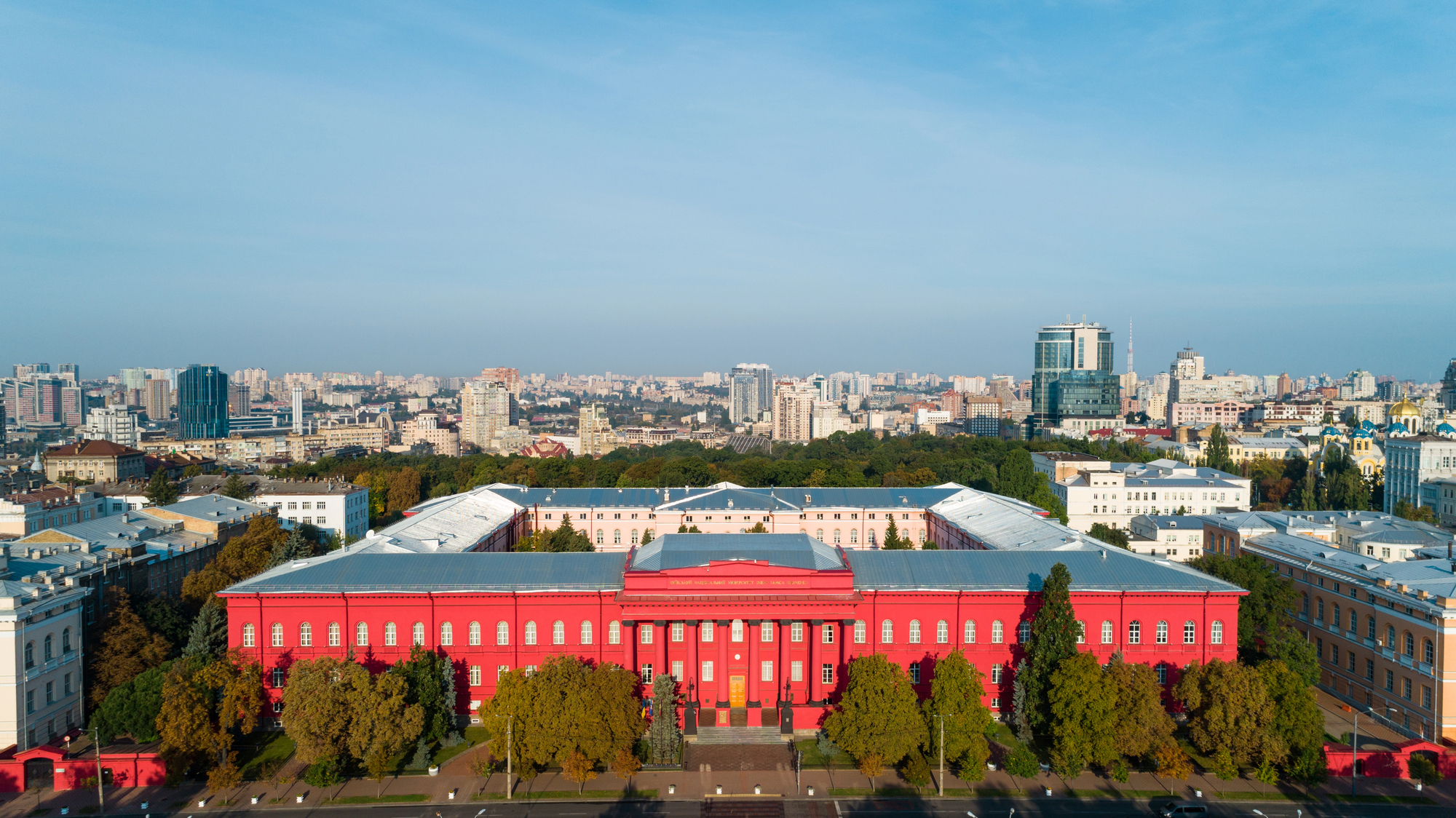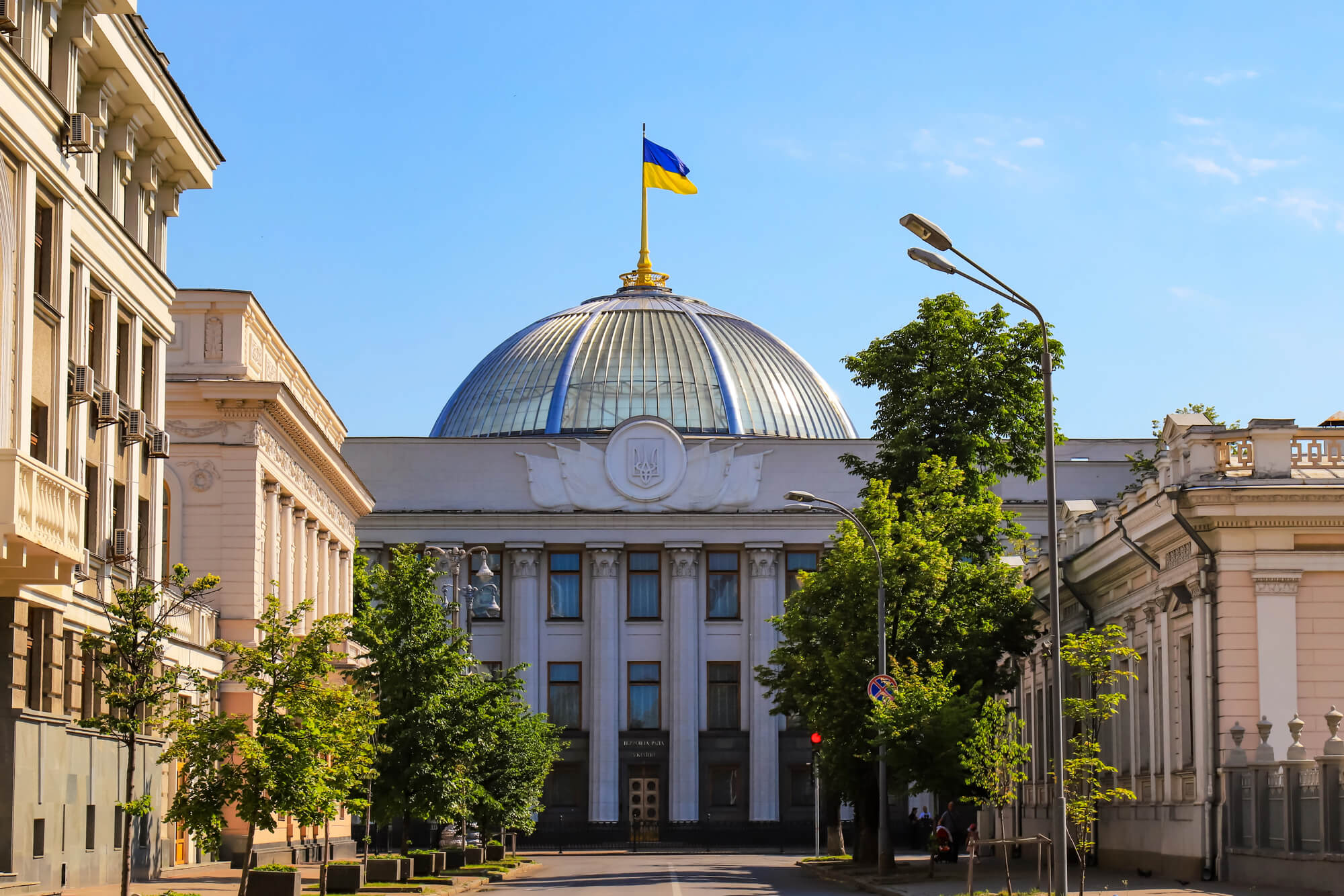Russian military fleet includes some 200 ships and 70 submarines. But its non-military fleet is much larger – about 3.5 thousand ships, of them only 77 are research vessels and the rest are commercial.
While several countries now plan to close their ports for russian ships, commercial companies should take a lead and refuse to service them – in the same way as many other commercial companies have left russia. It is simply immoral to finance the terrorist state or to have any business with it.
What exactly can be done with respect to the fleet? In short – break down their supply chain.
Every ship needs:
- the crew
- fuel
- food & other supplies
- spare parts
- freight
- navigation maps
- insurance and surveyor services
Let’s look at each of these supplies.
The crew
Crewing companies must refuse servicing russian ships and working with russian sailors. Lloyds list of top-10 crewing companies looks like this:
- V.Group (Monaco) – 60 offices. CEO – Graham Westgarth
- Anglo-Eastern (Hong Kong) – 25 offices. CEO – Peter Cremers
- Bernhard Schulte Shipmanagement (Germany) – 24 offices. CEO – Ian Beveridge
- OSM Group (Norway) – 26 offices. CEO – Bjoern Sprotte
- Wilhelmsen Ship Management (Norway) – 10 offices. CEO – Carl Schou
- Fleet (owned by Caravel Group – Hong Kong). CEO – Kishore Rajvanshy
- Columbia Shipmanagement (Cyprus). CEO – Mark O’Neil
- Synergy Group (Singapore). CEO – Rajesh Unni
- Wallem (Hong Kong). CEO – John Kaare Aune
- Thome (Singapore). CEO – Olav Nortun
So far, the CEOs of the largest crewing companies were asking not to apply sanctions against russians: «…Together we call on governments to continue to treat seafarers as key workers and keep in place key worker benefits, such as easier access to visas and vaccines. While sanctions have increased some restrictions on crew movement, we ask that there be no additional restrictions on seafarers…»
However, as we wrote elsewhere, sanctions on Russia should be as hard as possible in order for it to stop the war. And every russian is responsible for what they do in Ukraine.
Fuel
There are many local small bunkering companies in each fueling point. It is perhaps unreal to persuade them all not to refuel russian ships. However, it would be good if they followed the example of a Georgian captain who advised a Russian ship to use oars.
Food and other supplies
There are hundreds of ship chandlers who provide necessary living supplies. Reaching to all of them is unreal. However, there are associations of ship chandlers – IMPA and ISSA. They can recommend to their members not to service Russian ships.
Spare parts
The core part of each ship is its main engine. The main world engine producers are: MaK Caterpillar (responsible for the marine direction is Joseph E. Creed), Cummins (CEO – Tom Linebarger), MAN Diesel & Turbo (CEO – Dr. Uwe Lauber), Wartsila (CEO – Hakan Agnevall), ABC Diesel (CEO – Tim Berckmoes), Heinzmann (CEO – Christian Heinzmann), Hyundai (CEO – Kwon Oh-gap), Rolls Royce (Responsible for Business Unit Power Systems – Andreas Schell), Woodward (Responsible for Engine Systems – Sagar A. Patel), Yanmar (CEO – Takehito Yamaoka), Deutz (CEO – Frank Hiller), Daihatsu Dieselu (President – Yoshinobu Hotta). If these companies stop providing spare parts for the engines of russian ships, eventually those ships will not be able to operate.
Freight
Freight contracts are concluded via freight brokers who operate at freight exchanges. The largest of them is Baltic Exchange (CEO: Jeremy Penn, Board Chair: Mark Jackson). This exchange should prohibit operations with russian freight. Others will follow.
Navigation maps
Maps are produced by just a few companies in the world: Furuno, JRC, Wartsila, C-map. However, the main supplier of data for the maps is the British Admiralty. If they stop updating their maps for russian ships, those will be very stressed.
Insurance and surveillance
It’s worth reaching to the 15 largest marine insurance companies urging them to stop insuring Russian cargo. Below we provide their names and market shares:
- Marsh & McLennan – 11.92%
- Aon – 8.49%
- Willis Towers Watson – 7.16%
- Arthur J Gallagher – 4.69%
- HUB – 2.26%
- Acrisure – 1.79%
- Lockton – 1.66%
- Alliant – 1.64%
- Trust Insurance Holdings – 1.63%
- USI Holdings – 1.61%
- Brown & Brown – 1.55%
- AssuredPartners – 1.30%
- NFP – 1.24%
- Amwins – 1.16%
- Ardonagh Group – 0.75%
To get insurance, it is necessary that a surveyor company inspects cargo. In this market there are a few large surveyors listed below and a lot of small companies. Persuading large companies not to provide their services to russian ships will considerably impede their ability to operate.
The largest surveyors are: SGS (nearly 5.5 thousand people work in its russian division), Baltic Control, BSI, Eurogal, Crawford, Cunningham Lindsey.
Surveyors that inspect agricultural products usually get accreditation from either London grain traders association (GAFTA) or London oilseed traders association (FOSFA). These associations should cancel accreditation of Russian surveyors.
Thus, the most realistic method for stopping Russian sea trade is social pressure on:
- crewing companies
- associations of ship chandlers
- engine producers
- freight exchanges
- and the largest insurers and surveyors
The template of a letter to companies who still operate in Russia can be found here. Each of us can do their part – for example, write a letter to a company that still enables Russian war machine.
Attention
The author doesn`t work for, consult to, own shares in or receive funding from any company or organization that would benefit from this article, and have no relevant affiliations


